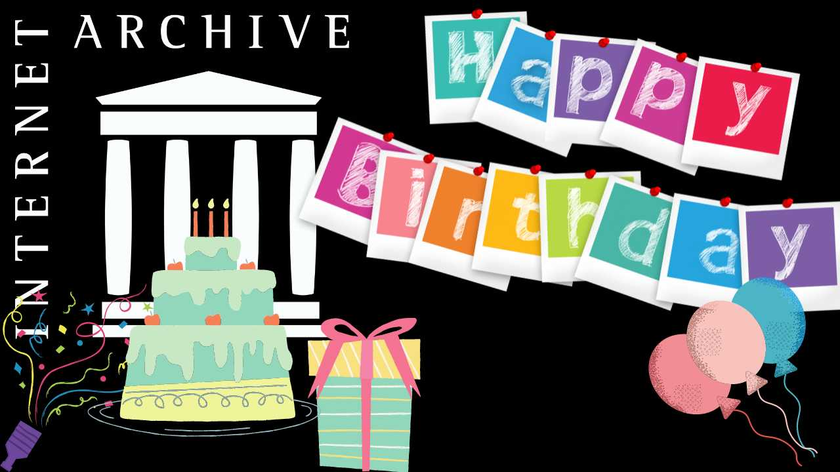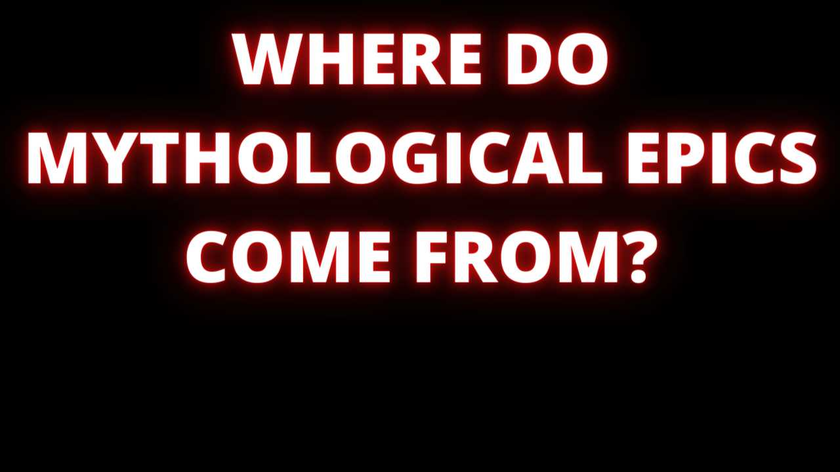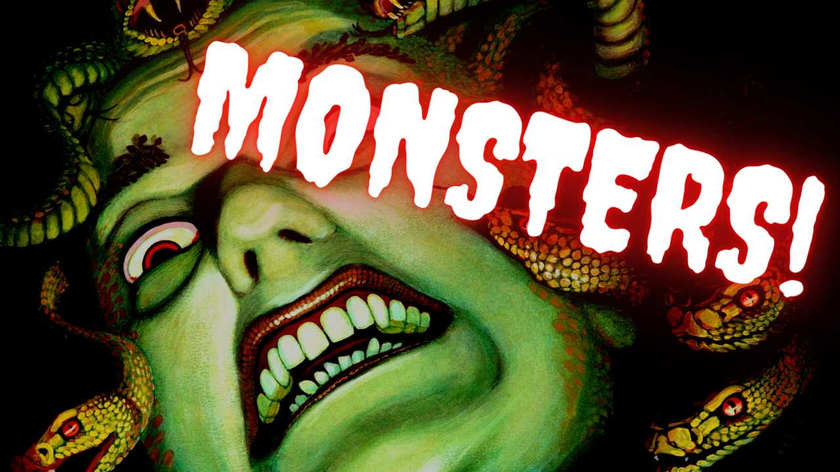Follow me here and:
Odysee https://odysee.com/@Mythologos:3
Gab
https://gab.com/Mythologos
Happy Birthday to the Internet Archive!
https://anniversary.archive.org/
Hands-down, my favorite place on the Web! Where else can you access libraries from around the world, download long out of print books, watch obscure documentaries, browse through thousands of old magazines, look at web pages from the 1990's, download ancient Linux/BSD ISO's and host tons of content for free? Head on over and celebrate 25 years of the only free, open source, worldwide archive!
https://betanews.com/2021/02/04/internet-archive-ubuntu-linux/
Follow me on Odysee https://odysee.com/@Mythologos:3 Locals https://mythologos.locals.com and on Gab https://gab.com/Mythologos!
Help support this channel by becoming a Patron:
https://liberapay.com/Mythologos
Join the Mythologos Email List & receive (1) Upload notifications (2) FREE PDF newsletter every month – an old fashioned ‘Zine with features & articles that expand on the content of the podcasts! (3) FREE audio book ($15.00 value) – ONE winner chosen every month! Just send an email to [email protected] and put “Subscription” in the subject line!
Back Issues of the Newsletter can be downloaded here: https://archive.org/details/Mythologos-Newsletter-Archive

Tolkien is said to have created a "modern myth" but what did he believe about the nature and essence of myth?
A trailer for the 15 volume epic novel OMNIAD, focused on the enigmatic character of Crow!
-
Mythologos Special #5: Narrative Selection
-
Where Do The Great Epics Come From?
The epic is the genre of literature most closely associated, in popular imagination, with the myth experience. Such long-form narratives, the Iliad, Odyssey, Gilgamesh, Tain etc., are held up as source texts for "our myths". It is true that these epics contain narratives that were, in all probability, closely associated with ritual and the myth experience, but I do not believe that the narratives themselves constitute mythologies. That issue is explored in the first three installments of Mythologos Digest and previous episodes of the podcast. The question remains: where do these long, complex narratives come from?
The standard (and I believe correct) explanation is that they descend through a long, slow process of oral dissemination, spreading throughout a region, and are gradually melded, honed and stitched together into a super-narrative, or epic.
I look at this as a process of elimination and aggregation. ...

Did you know that Cerberus had a brother? Find out more in this fully illustrated, downloadable PDF article!
Mythologos Digest #4
What Is A Monster?
Like many words associated with the world's oldest stories, the word monster is ultimately of unknown origin, it may go all the way back to Proto Indo-European. According to dictionaries, our usage comes via Latin, monstrum, referring to an omen, and Old French, monstre, in reference to a malformed or deformed animal or human. Even today, in some parts of the world, such as India, extraordinary deformities (including gigantism) are seen as a divine sign, perhaps a harbinger of impending calamity. By the sixteenth century, monster was taken to mean giant, and was applied to maps probably in reference to whales; it also took on the meaning of a person or creature of incredible cruelty or viciousness. That is how the various creatures from the world's great hoard of stories came to be called monsters.
Pop Monsters
In fantasy literature, it has become customary to look at "mythical monsters" as members of a species or race, but this is rarely true in ...













